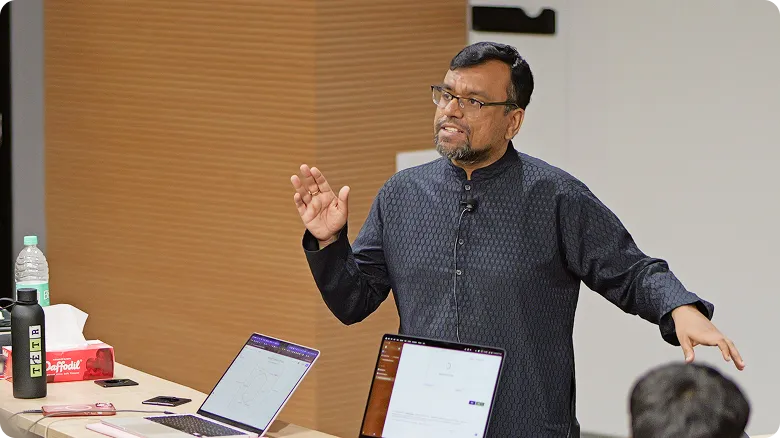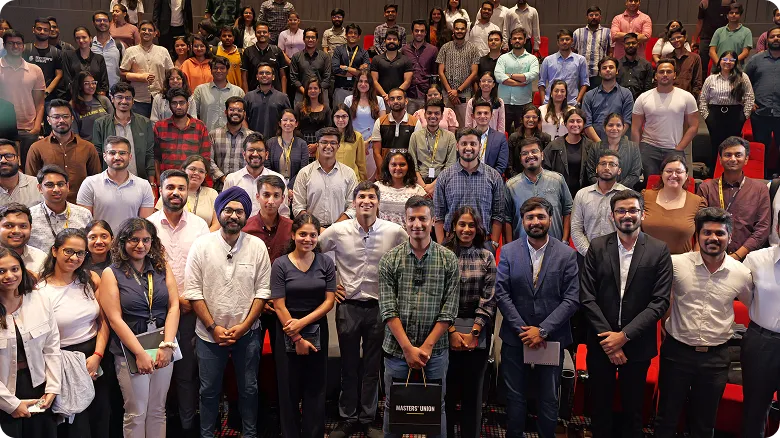Undergraduate
Undergraduate (Global)
Postgraduate
PGP in Technology and Business Management
PGP in Technology & Business Management
(Young Leaders Cohort)
PGP in Human Resources & Organisation Strategy
PGP in Sports Management & Gaming
PGP in Applied AI & Agentic Systems
PGP in UI/UX & Product Design
PGP in Sustainability & Business Management
PGP Bharat
Executive
Family Business
Careers
Innovations
Faculty
MU Ventures
Enterprise Education
Student Life
Jobs
Become a Master
events
For Companies
Blog
Business
Leading the Way: Importance of Practical Leadership in Today’s Classroom
April 14, 2025

Evolving Role of Educators
In today’s rapidly changing world, the role of educators and mentors extends beyond just sharing knowledge. Modern classrooms require modern solutions where leaders can inspire, motivate and empower the new-age generation to succeed in a complex and interconnected world. This is where Practical Leadership comes in.
Significance of Leadership in Modern Classrooms
Effective leadership is critical in the classroom, as it enables educators to create a positive, inclusive, and supportive learning environment. Educators can also model the behaviors and values they expect from their students.
One of the most important skills, as we all know in today’s fast-paced world, is communication. Clear and effective communication is essential in the classroom. Educators need to be able to articulate their vision, provide feedback, and listen actively to their students.
Next in line are a few more skills that are topping the chart:
-
Emotional Intelligence: Educators need to be able to understand and manage their own emotions, as well as those of their students. This enables them to create a positive, supportive learning environment.
-
Adaptability: Modern classrooms are dynamic, fast-paced environments that require educators to be flexible and adaptable. This enables them to respond to changing circumstances, challenges, and opportunities.
-
Coaching and Mentoring: Educators need to be able to coach and mentor their students, providing guidance, support, and feedback that enables them to grow and develop.
Developing Practical Leadership Skills
So, how can educators develop the practical leadership skills they need to succeed in the modern classroom? Here are a few strategies:
-
By participating in professional development programs, workshops, and conferences that focus on leadership, communication, and emotional intelligence.
-
Seeking out mentorship from experts who can provide guidance, support, and feedback on their leadership skills.
-
By reflecting on their own leadership skills, identifying areas of strength and weakness, and developing strategies for improvement.

















